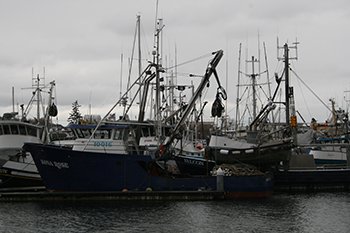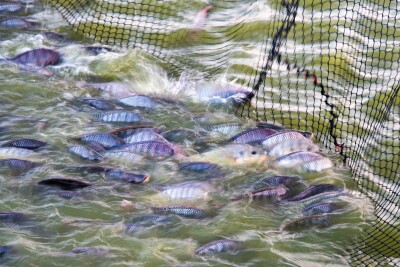It’s common for people who get heartburn from time to time to rely on over-the-counter drugs for relief. Doctors seem to be OK with this because chronic heartburn can lead to health problems down the road that cannot be treated with antacids.
In recent days, however, reports have emerged of research that suggests there may be an elevated risk of chronic kidney disease associated with heartburn palliatives known as PPIs.
As a result, folks who suffer from indigestion find themselves in a damned-if-you-do, damned-if-you-don’t scenario.
Welcome to the club! Fishermen produce protein, often at a low cost in dollars, that feeds people the world over, yet there is little tolerance in this country for any impacts from fishing, and it is the policy of our government to eliminate fishermen.
Along these same lines, researchers are now starting to look at the carbon footprint of fishing. And if you’re inclined to respond “Seriously?” given the comparatively measly tonnage of the world’s motorized fishing fleet, you’re missing the point: Researchers think in terms of the amount of fuel it takes to produce a ton of fish.
For example, Science two years ago declared Peruvian anchovies the least fuel-intensive industrial fishery, at 2.1 gallons of fuel per ton of fish. Less credible is the journal’s assertion that it takes 746 gallons of fuel to produce a ton of sole.
Is cleaner fuel the answer? Perhaps. But it’s not that simple. Last week, Science reported that Elliott Campbell and Brandi McKuin, researchers at the University of California, Merced, had determined that the impacts of so-called short-term pollutants emitted by diesel engines (as opposed to carbon dioxide, whose impacts are long term) had not been entirely understood.
To wit, the warming effects of black carbon – soot – had been underestimated by an order of magnitude. Fortunately, one is tempted to say, the impacts of black carbon are mitigated by sulfur dioxide emissions.
But wouldn’t you know it? Sulfur dioxide poses numerous risks to human health and is a component of acid rain, even as it tends to cool the atmosphere.
The International Maritime Organization has imposed limits on sulfur emissions along the coasts of North America, among other places. As a result, the nominally cleaner fuel we burn or will be required to burn will contribute to global warming.
Science noted that “in areas where sulfur-rich fuels are regulated, the researchers find a significant extra warming effect over 20 years. They find that fishing for large pelagic animals — species like tuna or swordfish — warms the climate, pound for pound, as much as raising pork.”
It’s enough to give a fella heartburn.







